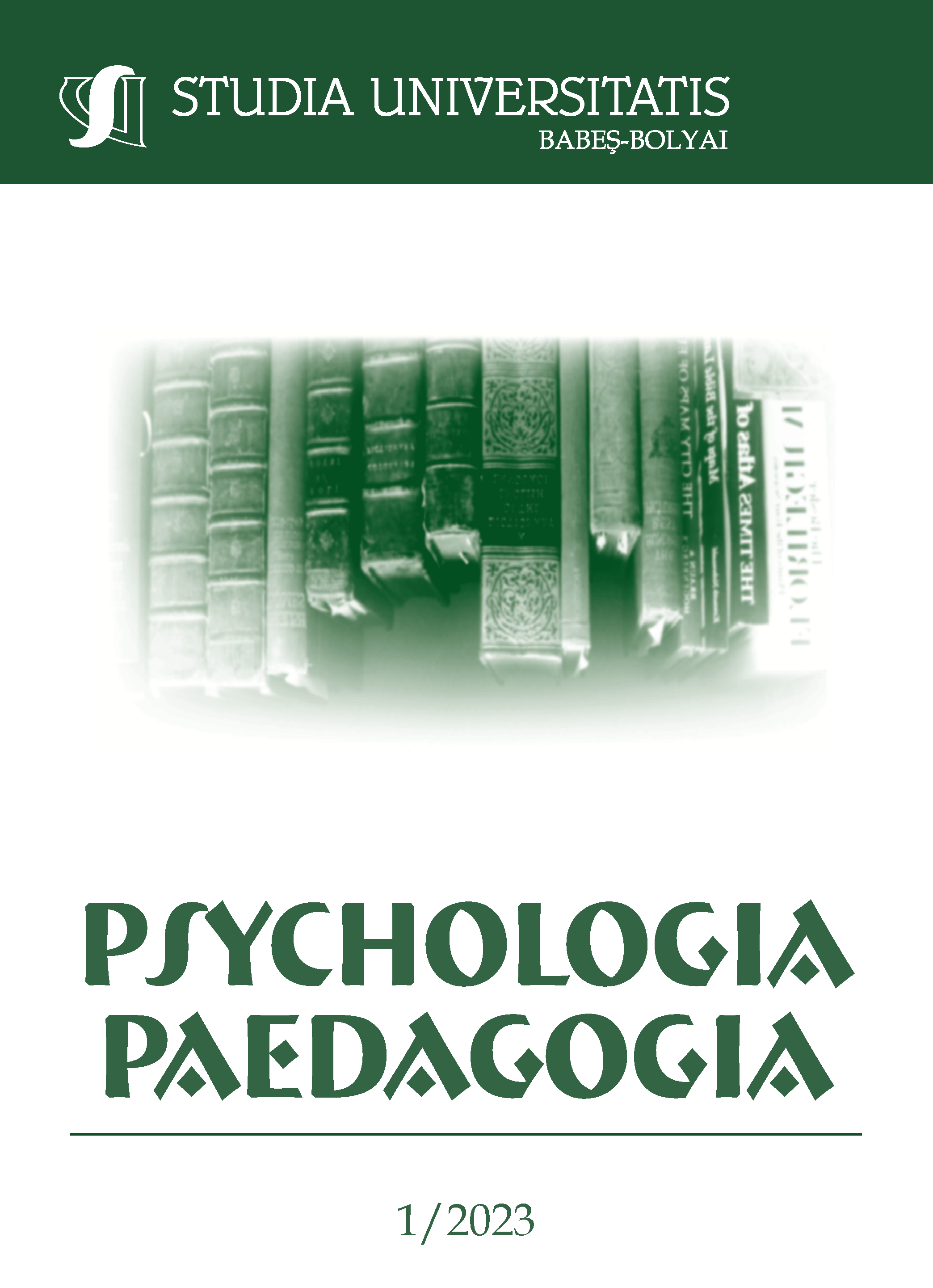THE RELATIONSHIP BETWEEN THEORY OF MIND AND CHILDREN’S MORAL JUDGMENT: A SCOPING REVIEW
THE RELATIONSHIP BETWEEN THEORY OF MIND AND CHILDREN’S MORAL JUDGMENT: A SCOPING REVIEW
Author(s): Daniela Teodora Seucan, Laura Visu-PetraSubject(s): Developmental Psychology, Evaluation research, Social development, Social Norms / Social Control
Published by: Studia Universitatis Babes-Bolyai
Keywords: theory of mind; moral judgment; children; autism; scoping review;
Summary/Abstract: Theory of mind is the ability that allows us to decipher human behavior by understanding the desires, beliefs, intentions, and motivations of others and our own. It also permits us to predict others’ behavior and model our own in order to act morally toward others. Moral judgment (the ability to appraise whether an intention or the outcome of an action is good or bad) involves mental state understanding, especially when detecting other’s intentions. Because the relationship between theory of mind and moral judgment in early and middle childhood is far from being clearly understood, we conducted a scoping review that allowed us to advance valuable avenues for future research. Of the 34 papers initially identified in five databases (Google Scholar, Web of Science, Scopus, PsycInfo, and ResearchGate), 20 studies were eligible and analyzed concerning their main results and the assessments used for both theory of mind and moral judgment. Most studies reported a direct relationship (one study identifying even bidirectional links) between the two variables of interest. A discussion regarding the implications and future directions is put forward to advance research in children’s understanding of their worlds (internal and external) in a socio-moral way.
Journal: Studia Universitatis Babes-Bolyai - Psychologia-Paedagogia
- Issue Year: 68/2023
- Issue No: 1
- Page Range: 29-60
- Page Count: 32
- Language: English

